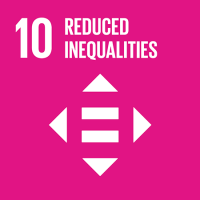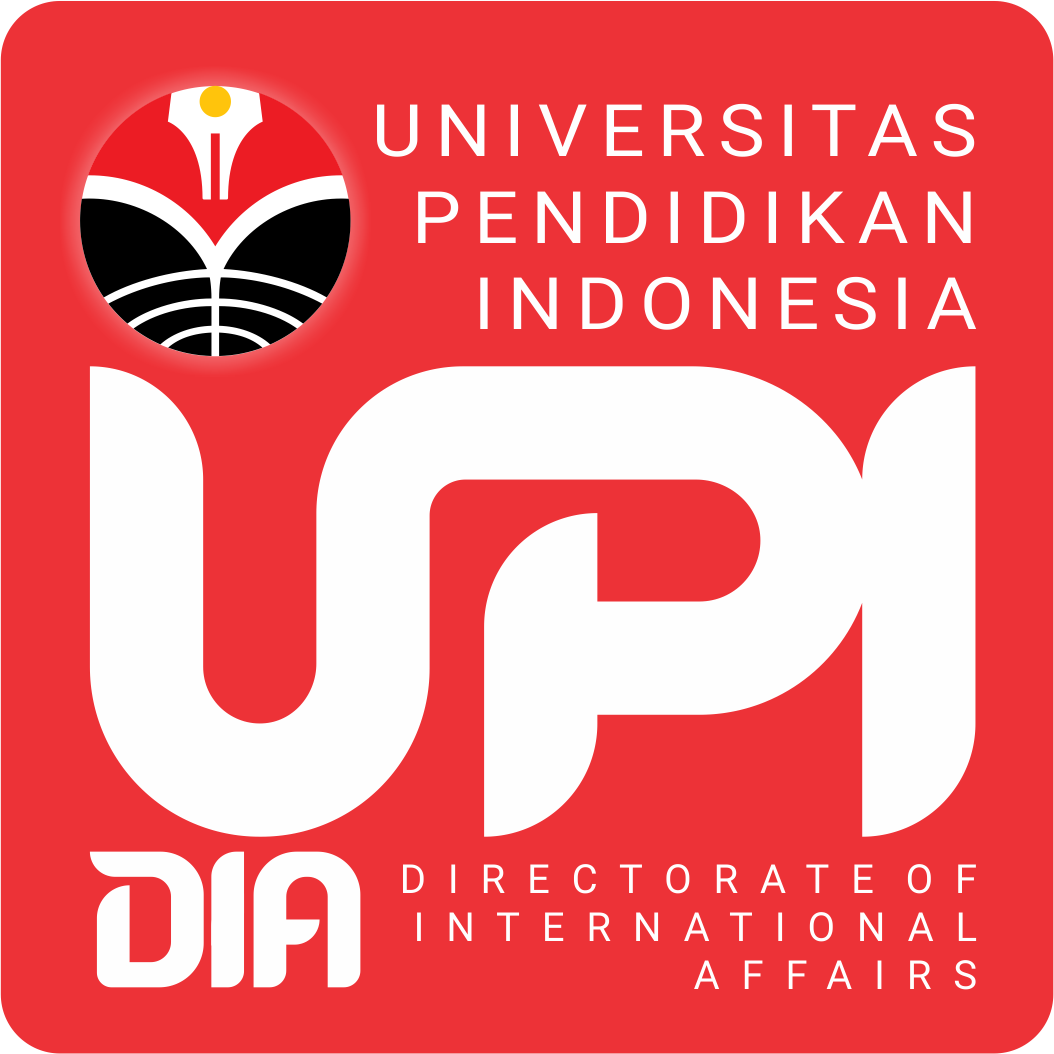REDUCED INEQUALITIES

The existence of this target/inequality was agreed because globally it was only quite high, not only in developing countries but also in developed countries. In addition, understanding between countries is also felt and this issue is assessed as a problem between countries that needs to be resolved globally. Considering that the poorest 40% of the population is the target to be targeted, considering that this group is the poorest group and their welfare is vulnerable to the impact of change. In addition, the reduction is also carried out by empowering and increasing the social, economic and political inclusiveness of the community in various age groups, gender, disability, race, ethnicity, region of origin and religion. Social policies are also suggested by countries to implement progressive policies. Global steps to overcome this include ensuring the representation and voice of developing countries in decision making in global economic and financial institutions.
Furthermore, globally, migration is also recognized as a way to improve welfare, so that measures to facilitate migration and include transaction fees for remittances are also targeted for improvement.
First-generation students
Students from developing countries
Proportion of students with disabilities
Proportion of employees with disabilities
Measures against discrimination
Unpad has an admissions policy that is non-discriminatory. Unpad as one of the public universities accepts students through SNMPTN (Seleksi Nasional Masuk Perguruan Tinggi Negeri) and SBMPTN (Seleksi Bersama Masuk Perguruan Tinggi Negeri). Based on the Rule of Ministry of Education and Culture of the Republic of Indonesia number Six in the year 2020 about Admission of New Students of Bachelor Degree at Public Universities, there is a FAIR and Transparent principle (Chapter 2). The university does not discriminate against religion, ethnicity, race, gender, age, social position, physical condition, and the level of economic ability of prospective students, with keep paying attention to potential and academic achievement of prospective students and the specifics of the Study Program. If the computer-based written exam cannot be carried out due to : disability, nature, and infrastructure disruption, tests can be carried out in writing in printed form and accompaniment (Chapter 22).
The Rule of Ministry of Education and Culture of Republic of Indonesia Number 6 Year 2020
#
#
#
#
#
#
#
#
#
